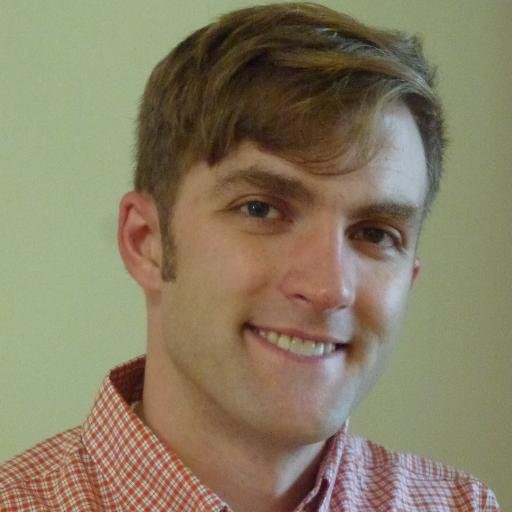Eric Severson, PhD
This past fall, Eric took MIN-Corps's Startup course in an effort to bring his revolutionary product to market. We caught up with him to see how things have progressed since the end of the class:
What initially compelled you to pursue the bearingless motor idea?
The bearingless motor technology came out of my PhD research on flywheel energy storage. According to the US Department of Energy, large electric motors used in industry make up 10% of the US electric consumption and are wasting up to 80% of that energy. This is a big problem for us as a society -- and for the owners of these machines. I was intrigued by the possibility of using my bearingless motor technology to dramatically reduce this energy consumption.
How has the university environment and the Startup class in particular affected the path of this idea?
The university environment has been especially helpful in developing both the technology and the plan for commercialization. On the technology side, this idea requires expertise in several different engineering disciplines and it has been amazing to be able to knock on the doors of researchers in other departments (faculty and grad students) to get advice or brainstorm on how to solve challenges. On the business side, going through the Startup class was key -- it got me to hone in on a target market and test assumptions that I had about what customers want, what their "pains" and "gains" are. At the beginning of the course I had a list of about 20 different markets that would see value in my idea. This was great and got me very excited about the business potential, but also made it very difficult for me to focus. The instructors of the course, and mentors that they paired me with, helped me to evaluate these markets and pick a single market to pursue as a "beachhead". The course also provided a lot of highly needed guidance on how to interview customers, put together key ideas for a business plan (using a business model canvas), and provided me with a small amount of seed money which I have used to travel to a trade show and a Smart City Summit has proven to be extremely helpful in meeting customers and potential investors.
How has your idea evolved since the conclusion of the Startup class?
I have continued to develop the business case, talk to customers, and prepare to launch a startup company. I remain focused on the beachhead market I selected in the Startup course: aeration blower systems for wastewater treatment where my technology offers a huge energy efficiency improvement, but I plan to eventually expand into the other markets. Using the results of my customer interviews, I have a much clearer understanding of what customers actually want and I am now using the information to go back to my technology and develop a MVP (minimum viable product) to show customers.
Take a look at a demo of Eric's original MVP here:


